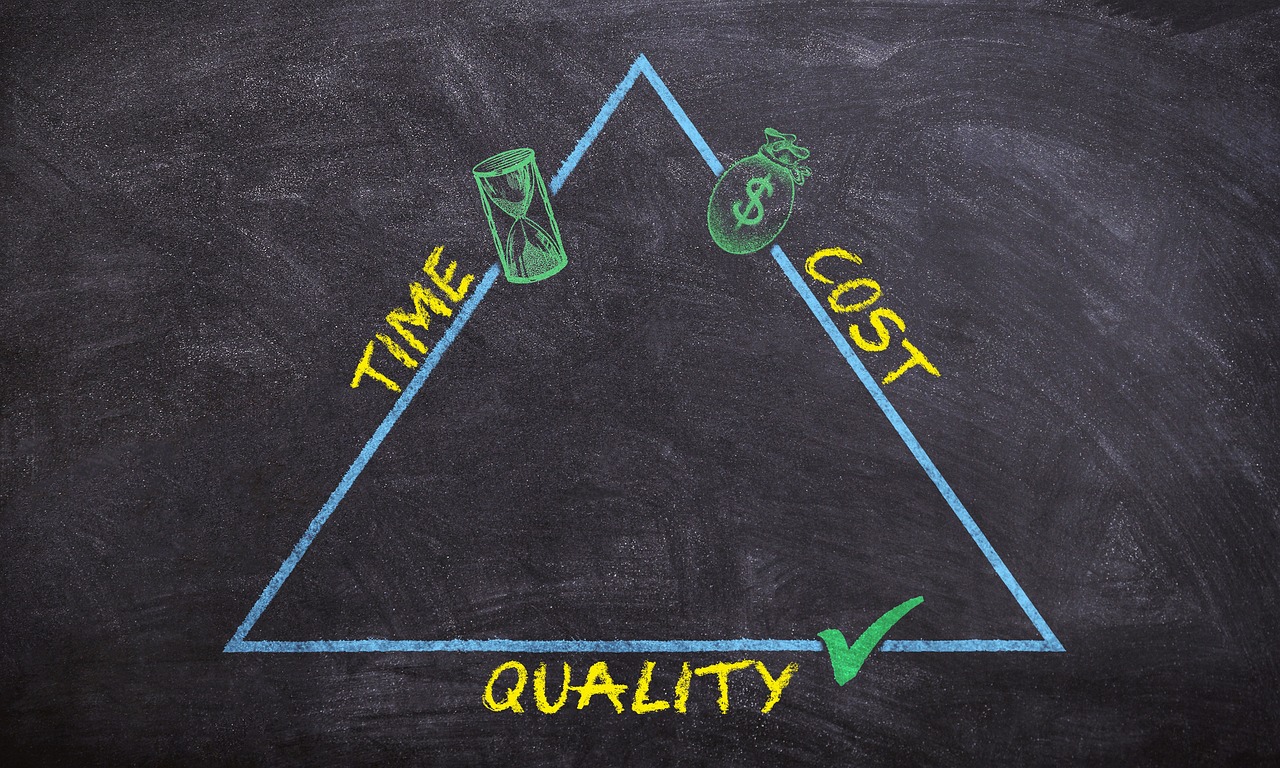Introduction:
The early stages of a new job can be a whirlwind of excitement and challenges. You’re eager to make a positive impression, learn the ropes, and prove your worth to your new employer. To navigate this critical phase successfully, mastering effective time management and note-taking skills is essential. In this article, we’ll delve into the concepts of “just-in-time” management and “note to self” practices, offering guidance on how to apply them to boost your productivity and effectiveness in your new role.
Just-in-Time Management: Tackling Tasks as They Arise
“Just-in-time” management is a strategy that emphasizes addressing tasks and responsibilities as they emerge, rather than allowing them to accumulate and become overwhelming. Here’s a breakdown of how to implement this approach effectively:
1. Prioritize Tasks:
Start your workday by identifying and prioritizing tasks that require immediate attention. This might involve reviewing your to-do list, emails, or any urgent requests from colleagues or supervisors. Having a clear sense of what needs to be done first sets the tone for a productive day.
2. Time Blocking:
Allocate specific time blocks for focused work on high-priority tasks. Techniques like the Pomodoro method, which involves working in concentrated 25-minute intervals, can help maintain your concentration and prevent burnout. Respect these time blocks as you would any other important appointment.
3. Set Clear Goals:
For each task, establish clear, achievable goals. Knowing exactly what you need to accomplish helps you stay on track and maintain your motivation throughout the day.
4. Minimize Distractions:
Create a workspace that is conducive to concentration. Turn off non-essential notifications, close unnecessary tabs or applications, and communicate your dedicated work time to colleagues if necessary. Minimizing distractions maximizes your productivity.
5. Delegate When Appropriate:
Recognize that not every task requires your personal attention. If you can delegate responsibilities to colleagues or team members, don’t hesitate to do so. Delegation not only saves you time but also fosters teamwork and collaboration.
6. Regular Check-Ins:
Periodically assess your progress throughout the day. This allows you to adjust your priorities and time blocks as needed to ensure that you remain aligned with your goals.
Note to Self Management: Capturing Insights and Information
The “note to self” management approach involves taking effective and organized notes to capture important information, insights, and ideas. Here’s how to make the most of this practice:
1. Utilize Digital Tools:
Embrace note-taking apps and tools like Evernote, OneNote, or a simple digital notebook. These tools provide the means to organize and search your notes efficiently, ensuring that important details are always at your fingertips.
2. Develop a System:
Create a consistent note-taking system that works for you. Use clear headings, bullet points, and tags to categorize your notes. A well-structured system makes it easy to locate specific information when you need it.
3. Document Meetings and Discussions:
During meetings, discussions, or training sessions, take diligent notes. Record key takeaways, action items, deadlines, and any crucial information shared. This not only keeps you informed but also demonstrates your commitment and accountability.
4. Capture Ideas Promptly:
Whenever inspiration strikes or you have a valuable insight, jot it down immediately. Ideas have a way of slipping away if not captured promptly. Your “note to self” serves as a repository for these gems.
5. Track Progress:
Use your notes to monitor your progress on ongoing projects. Highlight milestones, challenges, and lessons learned. This practice helps you stay organized and enables you to showcase your dedication to your work.
6. Regular Review:
Set aside dedicated time for reviewing and updating your notes, whether on a daily or weekly basis. Regularly revisiting your notes ensures that you don’t overlook important details and reinforces your understanding of the material.
Conclusion:
Mastering “just-in-time” management and “note to self” practices is a valuable skill set that can significantly enhance your productivity and effectiveness in the early stages of your job. These techniques not only help you manage your workload efficiently but also demonstrate your professionalism and commitment to your new role. As you continue to refine and adapt these strategies to your specific job and preferences, you’ll find yourself better equipped to excel in your career and contribute meaningfully to your organization’s success.











